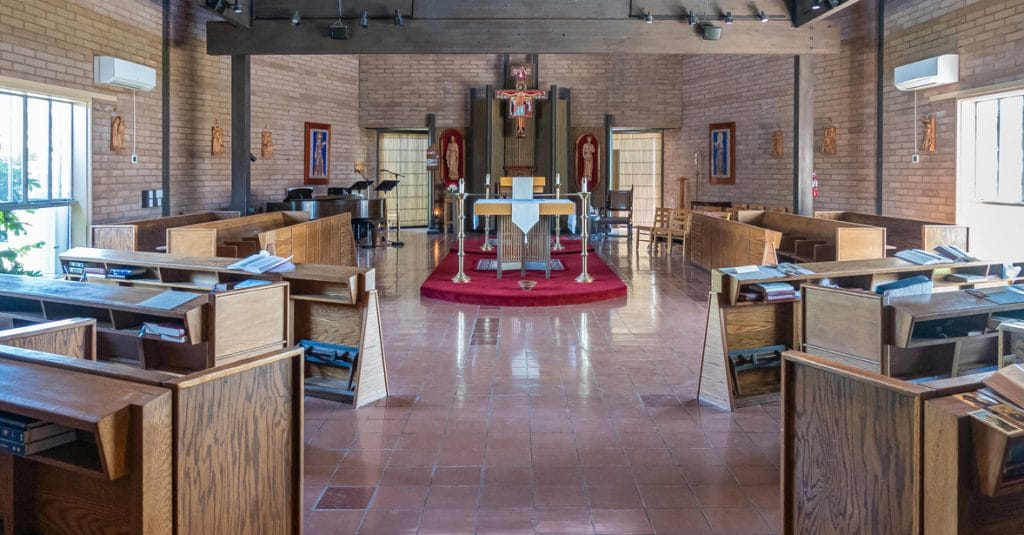
By Colleen Arnold-Moore
12 April 2022
Ministry formation is crucial for the future of the church. The recent conversation at St Agnes’ focused on this need and creative solutions. The panel discussion concerning the shape and breadth of ministry formation within the Anglican church in Australia highlighted the changes formation for ordination has undergone across diverse provinces and regions. As the conversation between those responsible for theological education and training progressed, it became clear that among those seeking ordination there was an increasing need for flexibility in the equipping and training of candidates as well as greater recognition of prior learning, both practical and academic. I was particularly struck by the working solutions for some provinces in their response to the deep need for ordained ministry in rural and regional areas. One such response has been the development of ordination to a particular parish only.
I am reminded, both from my own path to ordination and for many colleagues, that significant formation occurred prior to any formal academic study at seminary let alone a formal discernment program. The shift in the 1970s and 80s from the historic, near monastic, all male residential seminaries found in Australia to non-residential, co-ed, more university-style study for ministry downplayed key aspects of Christian formation and practice through its focus on the academic. It has meant that formal and informal formation has needed reimagining and rethinking by both the clergy and laity teaching in theological colleges and seminaries, and by vicars supervising curates and student placements. Alongside these changes are the substantive shift in the ages of applicants. Now applicants are women and men, many in their fourth decade or older, holding significant secular and spiritual experience, and often married with children, instead of the predominantly unmarried young men usually in their mid-twenties who populated the curacy prior to the 1980s. Perhaps this change reflects more closely the shape of the earliest church as described in the New Testament epistles.
Surely a key question facing the church is how to both honour and recognize the pre-existing formation and Christian maturity of applicants while still seeking a necessary and agreed measure of training and competence? If too many exceptions are granted, will this ultimately undermine future ministry both for the practitioners as well as those to whom they minister? What models of formation can be provided for those already with spouses and families? Can the diversity of applicants be recognized as the strength it is for God’s church and how will we respond to this challenge to further serve the kingdom of God?
The Reverend Colleen Arnold-Moore is vicar of Oakleigh Anglican: Churches of Holy Trinity and Emmanuel.






